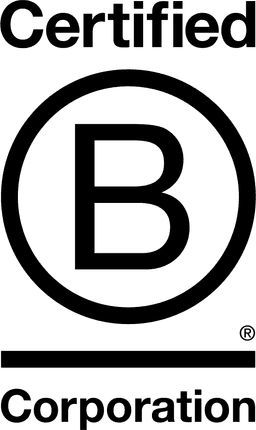

Planted Foods AG

canton of Zürich, Switzerland
September 2023
Food products
Manufacturing
Austria,
Belgium,
France,
Germany,
Italy,
Luxembourg,
Netherlands The,
Switzerland,
United Kingdom
Planted combines proprietary structuring and fermentation technologies to produce meat from plant proteins, focusing on delicious taste, meaty and juicy texture, while only using natural ingredients. Planted designs and structures its meat in any size, shape, and fibrous texture and is driven by the conviction that they will outperform animal meat in the future in terms of taste, sustainability, health, efficiency and price. Committed to using only natural ingredients and no additives in all its products, Planted is setting a completely new standard in the plant-based meat category, making it a healthy and sustainable choice for all. Truly better than meat from animals. A growing population along with increasing life expectancy and incomes are major drivers for the rise in global meat demand. However, the current scale of the animal meat industry is beyond unsustainable. Planted wants to change that. The Zurich-based FoodTech spin-off from the Swiss Technical Institute of Technology (ETH) was founded in 2019 and was quick to build intellectual property around their technological approach, currently holding several patents. We are thrilled to share that Planted Foods AG is now a Certified B Corporation - congratulations!
Overall B Impact Score
Governance 13.6
Governance evaluates a company's overall mission, engagement around its social/environmental impact, ethics, and transparency. This section also evaluates the ability of a company to protect their mission and formally consider stakeholders in decision making through their corporate structure (e.g. benefit corporation) or corporate governing documents.
What is this? A company with an Impact Business Model is intentionally designed to create a specific positive outcome for one of its stakeholders - such as workers, community, environment, or customers.
Workers 27.4
Workers evaluates a company’s contributions to its employees’ financial security, health & safety, wellness, career development, and engagement & satisfaction. In addition, this section recognizes business models designed to benefit workers, such as companies that are at least 40% owned by non-executive employees and those that have workforce development programs to support individuals with barriers to employment.
Community 13.6
Community evaluates a company’s engagement with and impact on the communities in which it operates, hires from, and sources from. Topics include diversity, equity & inclusion, economic impact, civic engagement, charitable giving, and supply chain management. In addition, this section recognizes business models that are designed to address specific community-oriented problems, such as poverty alleviation through fair trade sourcing or distribution via microenterprises, producer cooperative models, locally focused economic development, and formal charitable giving commitments.
Environment 33.1
Environment evaluates a company’s overall environmental management practices as well as its impact on the air, climate, water, land, and biodiversity. This includes the direct impact of a company’s operations and, when applicable its supply chain and distribution channels. This section also recognizes companies with environmentally innovative production processes and those that sell products or services that have a positive environmental impact. Some examples might include products and services that create renewable energy, reduce consumption or waste, conserve land or wildlife, provide less toxic alternatives to the market, or educate people about environmental problems.
What is this? A company with an Impact Business Model is intentionally designed to create a specific positive outcome for one of its stakeholders - such as workers, community, environment, or customers.
Customers 2.8
Customers evaluates a company’s stewardship of its customers through the quality of its products and services, ethical marketing, data privacy and security, and feedback channels. In addition, this section recognizes products or services that are designed to address a particular social problem for or through its customers, such as health or educational products, arts & media products, serving underserved customers/clients, and services that improve the social impact of other businesses or organizations.